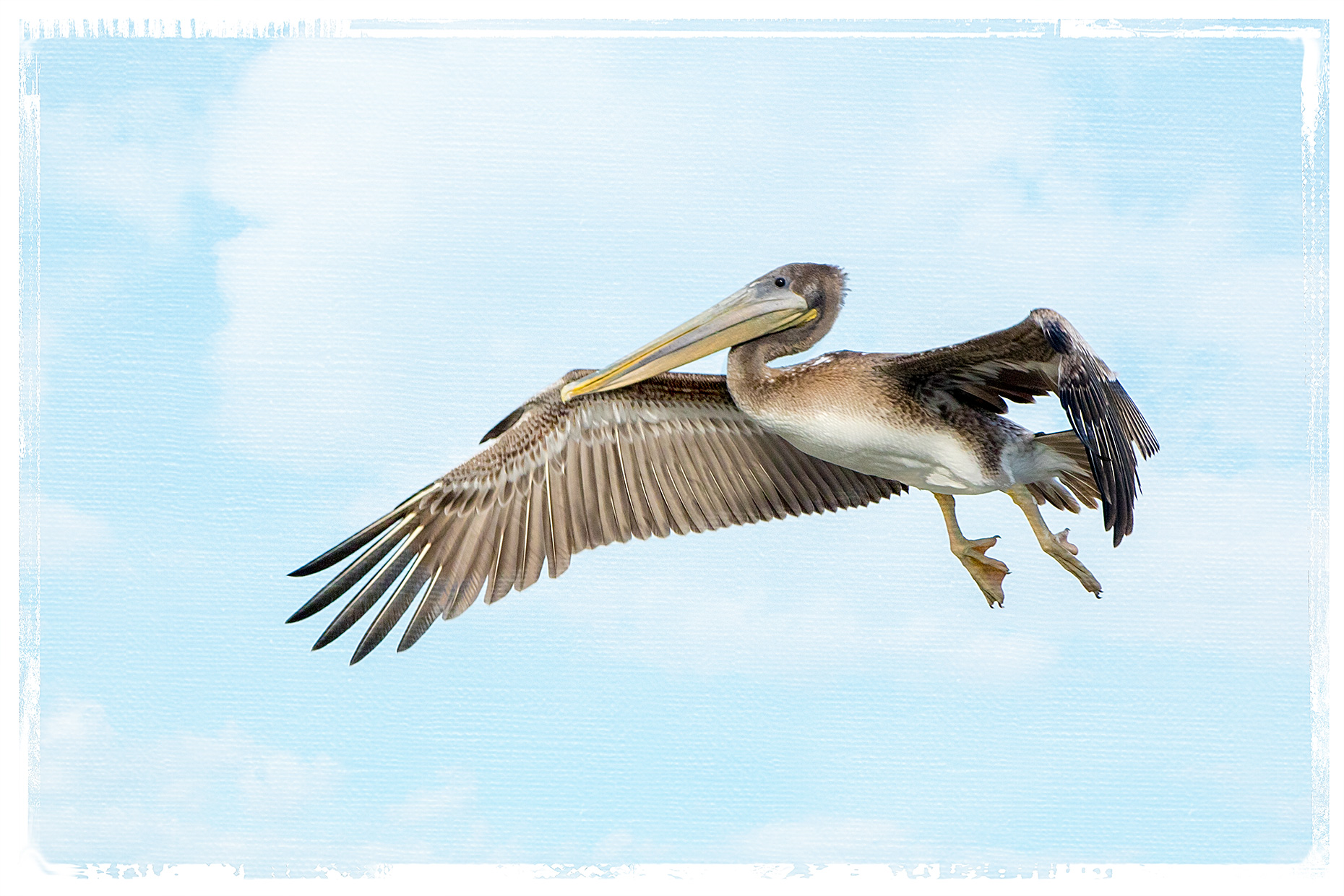Despite the lack of poetry posts, I have continued to read poetry regularly. I have several partially read books of poetry lying around I want to finish and comment on before I forget my first impressions. I started reading The Clouds Should Know Me by Now over a year ago when I was running my grandson around and waiting for him. Unfortunately, keeping it in the car and reading it only during his appointments was too disjointed to be effective. Ideally, I would love to sit down and read a book in one sitting, the way I used to read novels in college. Now I would have trouble getting up afterward.
I ended up marking several poems as worth re-reading, but this is certainly not my favorite collection of Chinese poetry I’ve read. I’ve been quite fond of previous translations I’ve read by both Red Pine and Mike O’Conner, but this was the first time I’ve read a collection of poems exclusively by “Chinese Buddhist Poet Monks.”
A clue to why I might not enjoy them as much as previous Chinese poetry I have read is suggested in the introduction to “Ching An” when the editor notes that “In the poems of this selection, the poet avoids both the Buddhist technical vocabulary and overt moralizing that is a feature of Buddhist poetry by lesser poets of the tradition.” It was an “aha” moment when I read that line since I was unable to put my finger on why I wasn’t relating to many of the poems I had previously read in the collection.
It is the concrete imagery in Chinese and Japanese poetry, particularly in haiku, that most attracts me to Asian poetry. William Carlos Williams is one of my favorite modern poets, and Imagists were a favorite “school” of poetry. When imagery becomes secondary to technical vocabulary or, worse yet, moralizing, I tend to lose interest quickly. As I age, I find myself even less willing to get lost in words, whether in postmodern poetry or contemporary philosophy.
Keeping that caveat in mind, I’d have to be quite the dolt not to find any new or challenging ideas in a 213-page anthology of “Buddhist poet monks of china.” Hoping not to be known as a dolt, I suggest this poem by Ch’i-Chi and translated by Burton Watson manages to walk the line between “overt moralizing” and poetry.
DON’T ASK
(Fifth in the series)
Don’t ask why I shut my gate—
from times past, few comings and goings.
The Way should rest in simplicity,
the body’s best suited to vacant idleness.
On four sides green moss surrounds me,
my lone window dotted with rain spatters.
And where do dream-wanderings take me?
To where autumn is coloring the riverside hills.
Lines 3 and 4 are clearly “overt moralizing” because the simple life and meditation are staples of Chan Buddhism, though they may seem radical to westerners who worship material possessions and take pride in their work ethic. Still, there’s poetry in those first two lines where the literal “gate” becomes a metaphor for forgetting the past and even more poetry in those last two lines where “dream wanderings” take us not to some abstract void but to the beauty of “where autumn is coloring the riverside hills.”
A favorite section in this collection was Han-shan Te-ch’ing’s “Twenty Eight Mountain Poems” translated by Red Pine. This first one, at least, reminded me a little of myself.
My body is like deadwood my thoughts are like ashes
there’s snow on my skull and frost on my jaw
I don’t disdain the world just because I’m old
dust finds no place to land in my eyes
If you knew how hard I’ve found it lately to do anything more than just post poems without commentary, you would not doubt for a moment that “my thoughts are like ashes.” Like the poet I have (some) white hair and a very white beard. It’s hard not to “disdain the world” with the state of the world, but I prefer to think it is not just because I’m old. I really didn’t understand that last line until (after a couple of hours of searching) I found this quote from the Shurangama Sūtra, “Your afflictions are like visitors, like dust floating in and out of the space of your Mind.” I’m afraid I haven’t quite reached this state of enlightenment, but it’s still a goal.
The same reference to dust occurs in this later poem in the sequence.
Snow covers earth and sky everything is new
my body is concealed inside a silver world
suddenly I enter a treasury of light
a place forever free of any trace of dust.
The first three lines remind me why I went cross-country skiing and snowshoeing for so many years. Growing up in the Puget Sound we got so little snow that it was magical on those few times when snow erased school and covered empty lots with magic. The second and third lines remind me of the many snow globes I loved as a child. Not as magical as en-lighten-ment, of course, but certainly a momentary escape from the real world.
Like this:
Like Loading...








